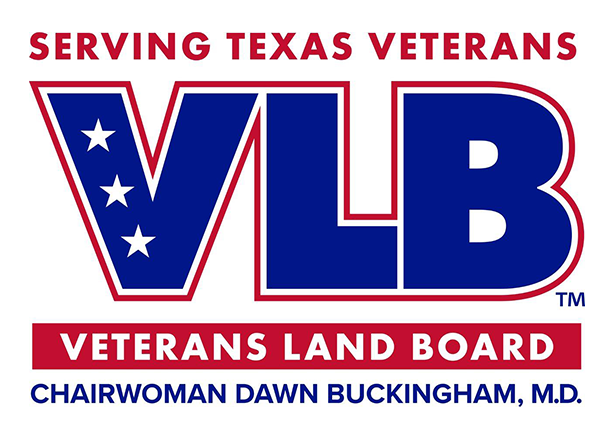The Texas General Land Office (GLO) are partnering with Matagorda County and Texas Parks & Wildlife Department (TPWD) to offer local coastal Texans the opportunity to remove inoperable and derelict vessels through the Vessel Turn-In Program (VTIP). Designed to provide owners with a voluntary method of disposal, interested boat owners are encouraged to participate if the vessel is less than 26 feet long, with longer boats being accepted on a case by case basis. The vessel must
be delivered to one of two drop off points September 6-8 from 8:00 a.m. to 5:00 p.m.
"Abandoned and derelict vessels have long plagued the Texas coast, threatening public safety, navigation and our environment," said Land Commissioner George P. Bush. "Removing abandoned or sunken vessels can be hazardous and expensive for the State of Texas. The Vessel Turn-In Program provides local boat owners a voluntary method to dispose of their run-down vessels in a safe, environmentally-conscious manner and saves taxpayers on a net basis."
Matagorda County drop-off locations:
|
PRECINCT 2 |
PRECINCT 3 |
|
Commissioner Kent Pollard |
Commissioner James Gibson |
|
487 Magnolia Street |
2500 SH 35 South |
|
Matagorda, TX 77457 |
Palacios, TX 77465 |
|
(979) 863-7861 |
(361) 972-2719 |
The Texas GLO and TP&W will verify the vessel (boat) qualifies for disposal. All hazardous materials (fuel, oil, and batteries) will be removed, the vessel destroyed, and then transported to the landfill for disposal. Boat must be clear of waste and debris. Potential participants may contact the GLO with questions at (361) 552-8081.
During the VTIP pilot project in March of 2015, in conjunction with Galveston County, 25 vessels were processed for disposal, resulting in savings of more than $95,000. In October, an additional 14 vessels were removed in Galveston and in January 53 more vessels were removed in Brazoria County. Two additional VTIPs are in the works: The Galveston County VTIP will take place in October 2016 and the Brazoria County VTIP will take place in January 2017.
Working with petroleum and commercial fishing industries, U.S. Coast Guard and the general public, Oil Spill Prevention and Response staff support educational opportunities, daily water and shore patrols and firehouse-ready response teams to prevent and immediately address environmental problems – because even the smallest spill can endanger Texas’ precious natural resources. Abandoned vessels can leak fluids into coastal waters that can be harmful for the wetland environment, wildlife and humans.
Background - Texas GLO's Oil Spill Prevention and Response
The oldest state agency in Texas, the GLO was formed to determine who owned what and where after the Texians and Tejanos won independence. Today the General Land Office manages state lands, operates the Alamo, helps Texans recovering from natural disasters, helps fund Texas public education through the Permanent School Fund, provides benefits to Texas Veterans, and manages the vast Texas coast. With hundreds of millions of barrels of crude oil and petroleum products passing through ports, bays and beaches along the Texas Gulf annually, the Texas General Land Office Oil Spill Prevention and Response team is on call 24/7, ensuring oil stays out of Texas coastal waters.
###








